By Abdulwarees Solanke
As Nigeria marks its 63rd independent anniversary and 60 as a republic, Abdulwarees Solanke asks when really, is a nation a nation? With a new dawn rising, we are at another milestone on our journey to nationhood.
As auspicious as the day marking 63 of our political independence is, we must critically evaluate our progress. This is apt, so as to remind ourselves that the Nigerian Project is yet to mature.
Certain schools of thought believe Nigeria is not a nation. Some think we are a failed nation. But I see prospects in our being a nation.
After all, a nation remains a nation when it is able to sustain its existence or being in terms of sovereignty and identity, and when it is able to meet the existential needs of its citizens and constituents.
A nation will only be able to maintain its respect and position in the comity of nations when it can guarantee prosperity and stability for growth and development (in human and material assets/capital).
Furthermore, a nation can only be considered developed when it possesses all indices, instruments and frameworks that suggest a decent and quality standard of living for the citizenry. In this case, poverty, disease or features associated with underdevelopment such as illiteracy, poor access to water and health facilities, corruption and political instability do not threaten them.
Where do we stand in Nigeria today? Where do we want to be in the future? Can we sustain or improve our present status? What are our strengths and opportunities? What are the weaknesses and challenges of Nigeria in the future?
The Millennium Development Goals (MDGs), a framework of eight goals (signed in 2000) that all the28/9, 00:17 192 UN member states agreed to achieve by the Year 2015 and its successor 17 Sustainable Development Goals (SDGs) should serve as our frame of reference, even if we are yet to score excellently.
These goals serve as a benchmark for development policy for all countries, especially those of the Third World and other societies in transition. That’s countries that are still grappling with poverty, illiteracy, poor health indices, gender disparities in education and employment among others. They are also substantially de-linked from global economic opportunities.
Despite limitless potential and opportunities, our tragedy in Nigeria is that we are still constrained by political immaturity and corruption. Our diversity of peoples, cultures, ethnicities and religions, is mostly used as a weapon of destabilisation. These should be opportunities for national development, celebration and international recognition.
Democracy, which is succeeding as a working system of government in many other countries, is unfortunately still crude and exploitative in Nigeria. Not only is the structure or system of government weakened in Nigeria by this national malaise, but the public service, the economy and the value system are also suffering from this compromise.
Read Related Articles:
Nigeria: Hope of a New Dawn
Shema @ 66: A Reminiscence of Transactional Political Zion
Buni’s Revolution in Yobe Healthcare Delivery
So, the insecurity and erosion of public morality that are pervasive in Nigeria call for concern because commitment to national ideals and integrity are of secondary consideration to the average citizen, who views the nation with disdain and desperation.
In this national misfortune, we often come up with different elaborate and ambitious plans and agendas. These, in most instances, never go beyond short-term implementation stage before we introduce a fresh one to rubbish earlier plans. Less endowed nations often deride Nigeria, describing us as a country of abandoned projects and unattained goals.
If our current efforts at reform and restructuring must lead us to an Eldorado, we must get to terms with some realities. The first reality is a guarantee of visionary leadership in our human resources recruitment process. We must also produce committed professional and dynamic successor generation in our public sector.
Secondly, there is a need for national re-orientation and awareness that seemingly free national wealth of oil cannot last forever. So, there is a need for us to unlock ourselves from the oil dependence syndrome.
Thirdly, we must guard against cultural disorientation and conflict that globalisation, modernisation and technology are inflicting on our mentality. Finally, we must intensify efforts at crafting and sustaining a national philosophy built on integrity, justice and public welfare.
The thrust in all these is that Nigeria’s future must possess transparency, accountability, responsibility and integrity as national core values. There is also a need to inject dynamism and competition into our public domain.
Crass political and economic opportunism now fester our public domain. There is also a demand for more public deliberation and stakeholders’ involvement and participation in our public policy processes.
Certainly, every nation desirous of development has a responsibility to preserve values which give it vitality and essence of existence. Nigeria must also be able to re-invent cultural elements and practices capable of boosting its global relevance and competitiveness.
There is an imperative for Nigeria today to examine various dimensions of her national cultural practices that are dysfunctional to the attainment of the vision of nationhood. This is instructive as the nation clocks 63 and marches further in its development strides.
Despite her internal crises, many stakeholders in the Nigerian project are working hard to sustain the spirit of the Nigerian nation. In these efforts are hopes of our being a true nation.
Solanke is Deputy Director/Head of Strategic Planning & Corporate Development Department, Voice of Nigeria. korewarith@yahoo.com (08090585723)
Do you have a flair for Citizenship Journalism? Share story(ies) of happenings in your area with The NewsZenith on WhatsApp: 08033668669 or thenewszenith@gmail.com
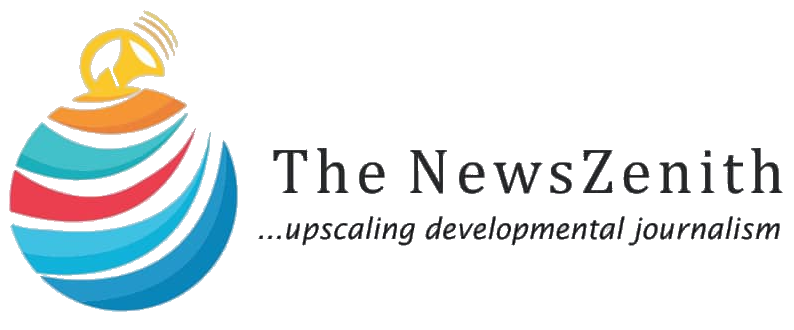
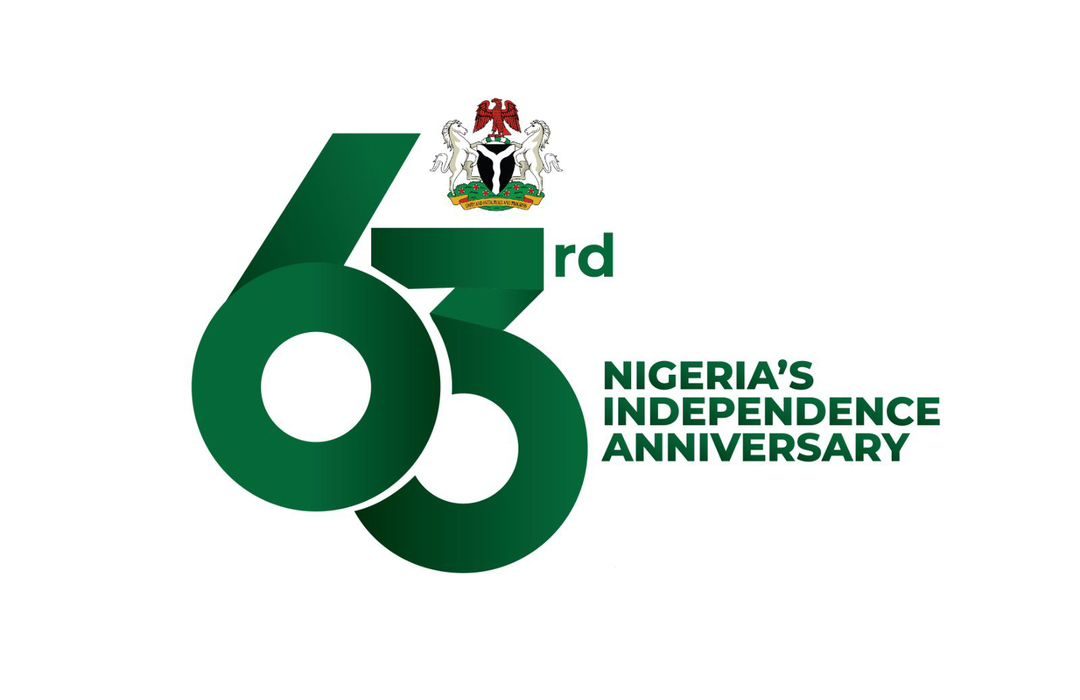
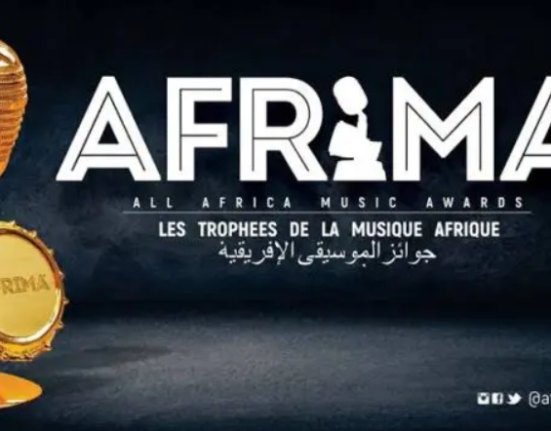
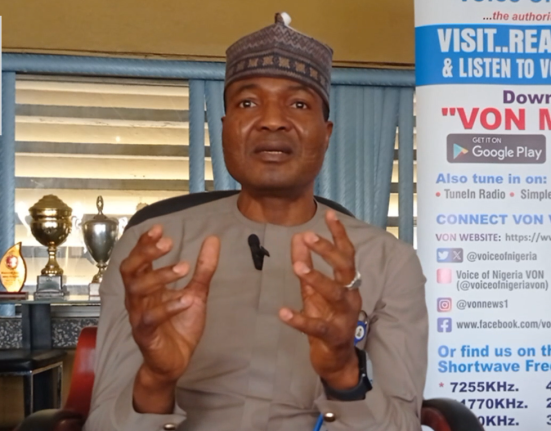
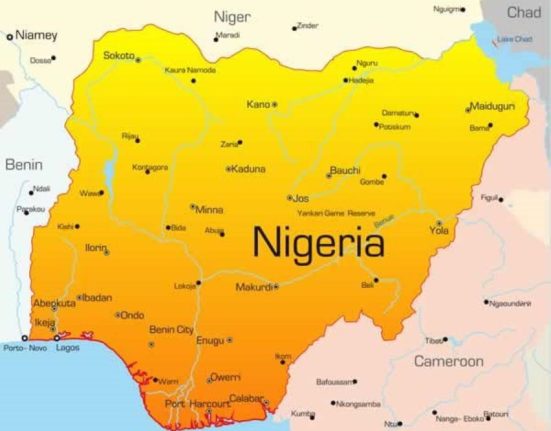
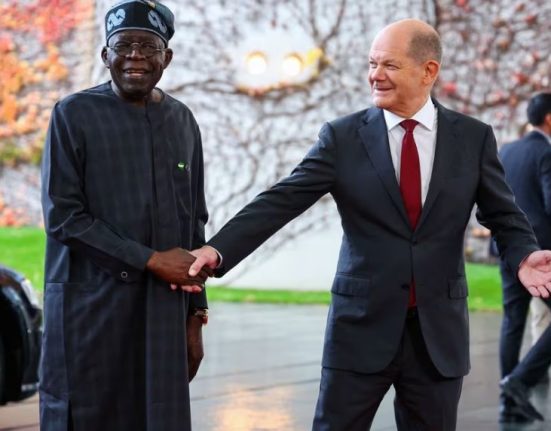
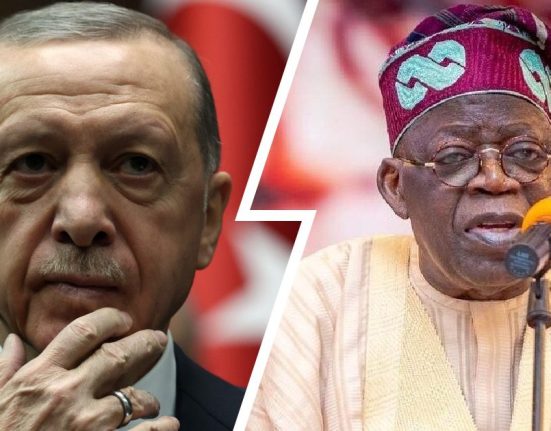
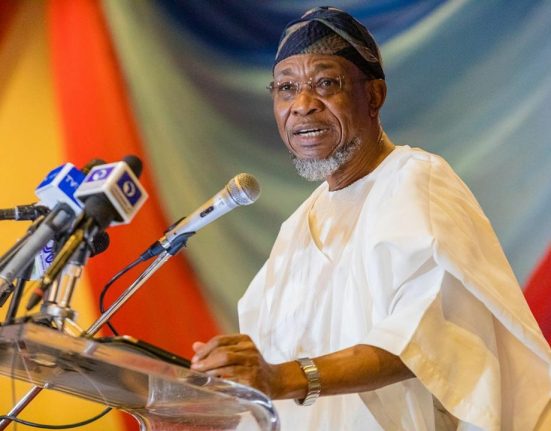
1 Comment